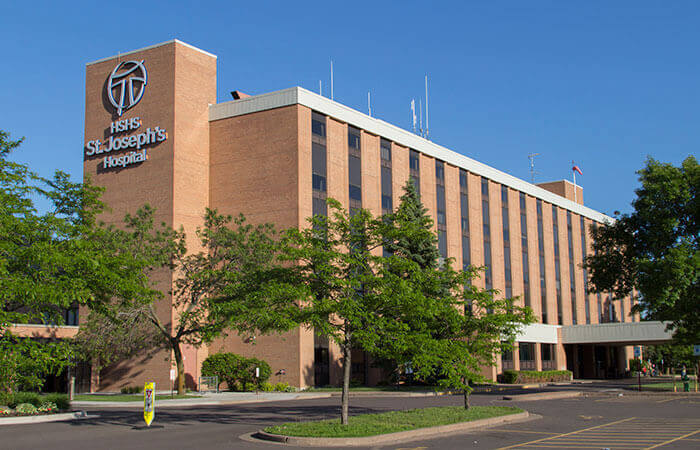Some federal officials want to save money by changing a formula designed to help rural hospitals.
Many rural hospitals longer meet criteria under what’s called the Critical Access Hospitals (CAH) program, but changing the criteria could mean that more than 50 Wisconsin hospitals will get less Medicare money.
Most rural hospitals are paid under CAH. Because their patients are often poorer and sicker, they get a Medicare reimbursement of 101 percent while traditional hospitals get 93 percent.
Stay informed on the latest news
Sign up for WPR’s email newsletter.
Tim Size, the executive director of the Rural Wisconsin Health Cooperative, says lowering the amount rural hospitals get for Medicare patients would have a big impact.
“Rural hospitals in our state I think – on average – are stronger than many around the country,” says Size. “But there’s no doubt in my mind that we would see significant closures, and those that don’t close definitely would have to roll back what they do.”
Size says that could mean less local medical care. Moreover, he says it could mean job losses in communities where hospitals are major employers. He says it could create a snowball effect, where one employer cuts back, former employees have less money to spend, and other businesses suffer.
“Wisconsin has worked hard for decades to maintain local access in rural communities and create strong, economically viable communities,” says Size. “This is basically a direct frontal attack on what we’ve been working on here in Wisconsin for decades.”
The concern about Medicare payments comes following a report by the U.S. Department of Health and Human Services. Its Office of Inspector General said two-thirds of critical-access hospitals do not meet current standards. Most of them are within 35 miles of another facility.
Wisconsin Public Radio, © Copyright 2024, Board of Regents of the University of Wisconsin System and Wisconsin Educational Communications Board.




